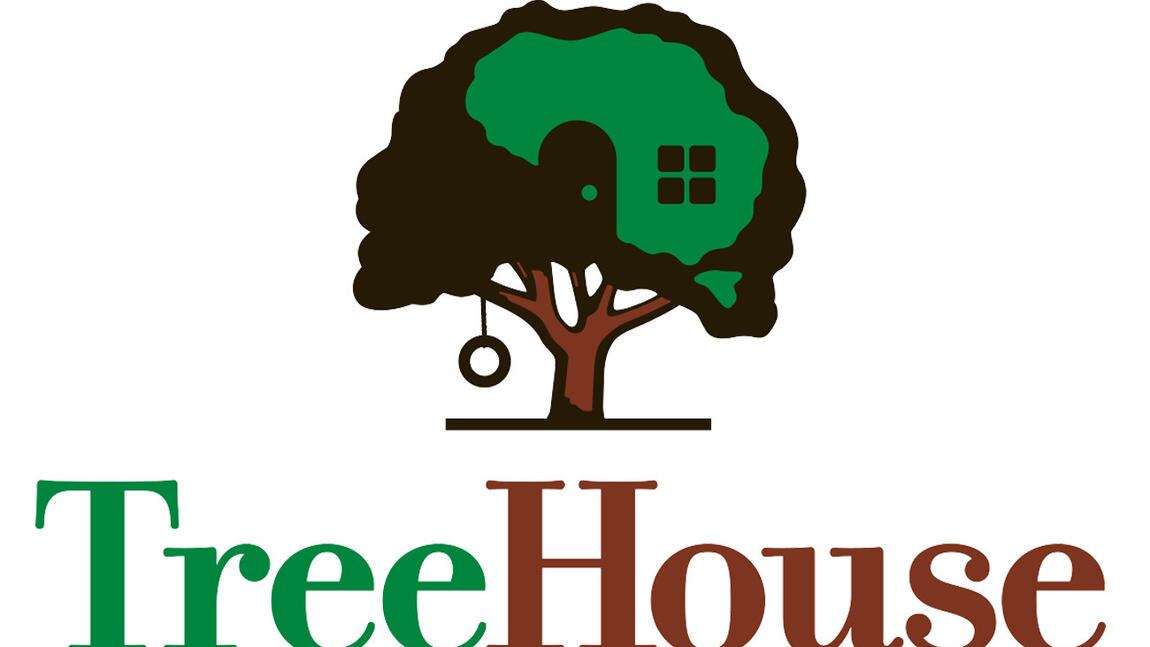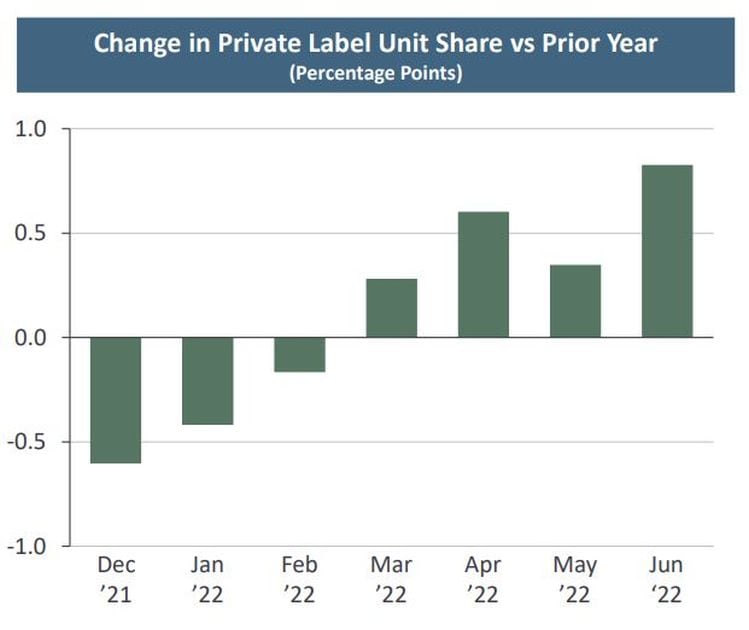The deal, which is subject to customary closing conditions, is expected to close within 30 days at which point it will relieve TreeHouse Foods of a business that it did not expect to contribute positive adjusted EBITDA in fiscal year 2023, according to the private-labeler.
At the same time, John B Sanfilippo said it expects the transition of the business, including select customer relationships, to provide an estimated $105m to $120m in incremental net sales during the remainder of its 2024 fiscal year.
Both companies say they are committed to a smooth transition for employees, customers and consumers, and TreeHouse notes “the business and its talented colleagues will be well positioned under John B Sanfilippo & Son’s ownership.”
TreeHouse Foods adds in the release that the divestiture is “another example of our strategy in action be a focused private label leader in high-growth and high-margin categories.”
Building a 'new TreeHouse Foods'
Company CEO and President Steve Oakland explained to investors yesterday during Barclay’s annual Global Consumer Staples’ conference in Boston that TreeHouse Foods has long viewed itself as a brand aggregator on a mission to lead in the highly-fragmented and under-penetrated private label business.
But, he added, in recent years the company has evolved that strategy to account for changes in consumer expectations for private label – from merely a less expensive option to one that can deliver high-quality and meet rising social standards – and retailers’ strategy to leverage premium private label to build customer loyalty.
“We had a chance to build a new TreeHouse Foods – to look at the portfolio we had” and focus on the categories at the crossroads of those two “powerful” macrotrends, he said.
“We thought we could build a business that would really respond to those demands of the retailer, that would respond to those consumer demands and provide a faster growing, more profitable company to respond to the financial markets. And that is what we think we have done,” he added.
A long road to reshaping TreeHouse Foods’ portfolio
Oakland explained one way that TreeHouse Foods has achieved this transformation is through strategic acquisitions and divestitures.
Leading up to today’s deal, the company acquired earlier this summer Farmer Brothers’ Northlake, Texas, coffee facility for $100m, which brought roasting, grinding, flavoring and blending capabilities to TreeHouse Foods’ portfolio and complemented the company’s existing single-serve pod and ready-to-drink coffee business.
“The customer expects a lot more from us in [the coffee] category. That’s an experiential category. We think the Farmer Brothers’ acquisition gave us the most modern assets, gave us capability in sourcing and formulation and flavoring that would have taken us years to build on our own,” Oakland said, adding, “So, that’s a great example of how we’re going to go deeper in categories, and be that vendor that didn’t exist, quite frankly, as a private label for the retailer.”
Other recent strategic acquisitions include the addition of seasoned pretzel capabilities to is portfolio in April and a majority stake in Riviana Foods’ US-branded pasta portfolio in December 2020.
The company’s pretzel investment is a “great example of what a strong balance sheet can do if you’ve got great opportunities in your categories,” Oakland said, adding that the company was able to act quickly when the opportunity arose and accelerate its play in a fast-growing segment by year.
TreeHouse Foods aims to offer more than low prices
Through these deals, Oakland said, TreeHouse Foods is able to offer retail partners more than just a great price.
“The retailer wants some depth. They want to build a relationship with a consumer that … builds loyalty, and private label is a way to do build loyalty, [but] it requires so much more than capability, right? Whether that be flavoring, whether that be quality, whether that be breadth of assortment. So, that is our strategy. We picked categories that are big enough that those investments will pay off,” Oakland explained.
Counterbalancing these acquisitions were several divestitures, including a significant portion of its meal prep business to Investindustrial for $950m in October 2022 and today’s announcement to sell its snack bar business.
TreeHouse Foods’ executives said during the company’s recent investor day earlier this year that the give and take necessary to reshape the company’s portfolio will enable it to grow its annual revenue 3% to 5% and adjusted EBITDA 8% to 10% in 2024 through 2027.




